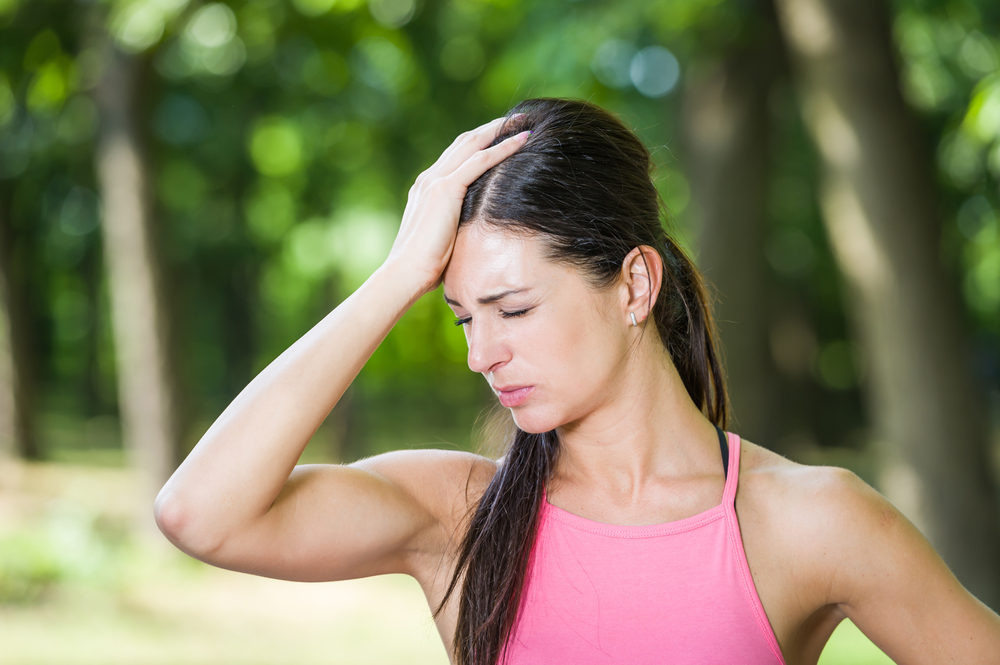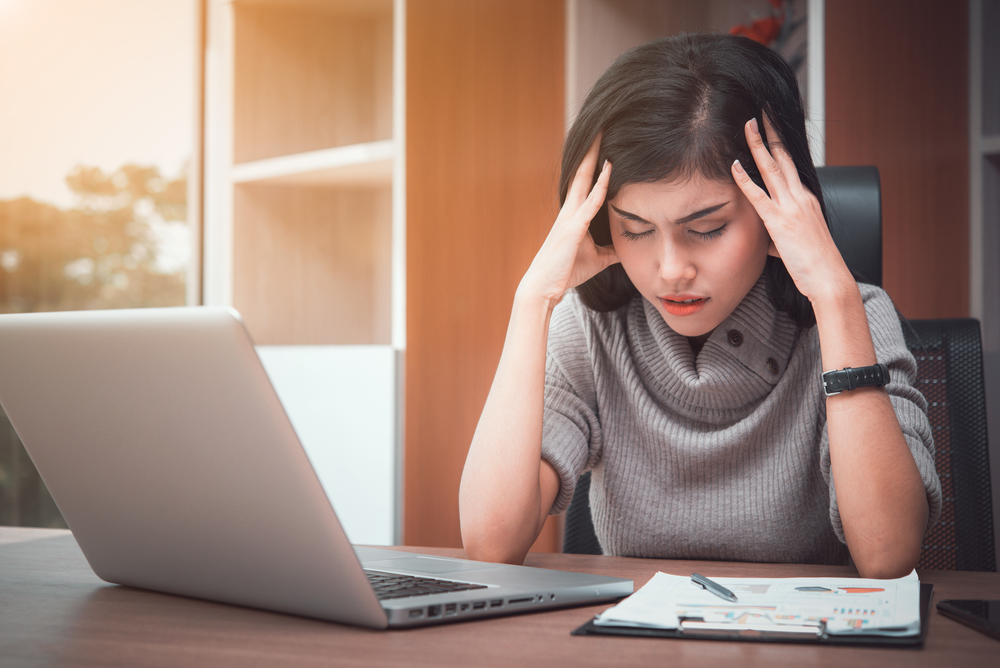Migraines are recurrent headaches that can affect men and women of any age. Studies suggest that women are more likely to get migraines than men. An attack of a migraine can stay for 4 to 72 hours. You suffer from a chronic migraine if you get an attack for 15 days every month for at least six months.
A migraine is one of the most common of all clinical problems. It is characterized by episodic attacks of headaches and associated symptoms such as nausea, vomiting, dizziness, difficulty concentrating, sensitivity to sound, and light. The most common disorder is experienced by both men and women between the ages of 25 and 39. Migraines are a severe headache that develops on one side of the head and spread to the whole head. These headaches can last from two hours to a few days. The complex neurological event affects around one in ten people. The brain disorder is three times more common in women and tends to affect young people. It has been established that people who get migraines have a family history of the problem.

Also Read: Easy cause and cure for a migraine
Track Symptoms
If you are diagnosed with a migraine, it is necessary to make a dairy to note your migraine episodes. Share the results with your physician; this will make it easy for your physician to determine the best treatment. You must record these things in that diary:
- Your sleeping schedule
- Duration of migraine attack
- Diversity and frequency of attack
- Diet and eating schedule
- Exercise schedule
- Exposure to of petrol and perfume, light, and sound
- Schedule of menstrual cycle
- Weather
You can call it a headache diary, which helps you in determining the triggers. Once you get to know about your triggers, it will be easy for you to avoid some of your migraine episodes.
Instant relief for a Migraine that women can go for
The best way to get rid of a migraine headache is to take an over the counter (OTC) pain reliever medication. These medications won’t start showing an instant effect for about 1-2 hours, so it is important to take a dose as soon as you start feeling the headache coming on. The market is overloaded with drugs which can provide you instant relief. Some of such medications include ibuprofen, acetaminophen, naproxen, aspirin or even a capsaicin nasal spray.
But make sure that you take the doctor’s advice before taking a migraine relief medication. Avoid taking any drug on a regular basis until and unless your healthcare specialist tells you. Continuous use of these drugs can cause harm to your body, and there are possibilities that you may suffer more frequent and severe headaches. There are some remedies for migraine cure that can help reduce all your migraine symptoms.
- Caffeine – Caffeine is helpful in relieving the migraine headache, but it can also cause more headaches over time by developing or worsening caffeine dependence. During migraine adenosine increases in the bloodstream and caffeine helps by reducing the adenosine receptors.
- Drink eight glasses of water – Drink lots of water in a day. Dehydration can also trigger headaches, and this can cause migraine headaches so keep your body always well hydrated by drinking at least eight glasses of water a day. Women should drink 2.2 litres of water to avoid dehydration. Avoid drinking too cold water as it can trigger your migraines.
Also Read: Migraine – Causes and preventions
- Keep yourself calm – Try to keep yourself calm by shutting down the lights, blinds and lie down on your bed, and then focus on your breathing. This action will help reduce the pain. Stay in quietness for a few minutes. Your bed or could be comfortable and support your head. Avoid sitting in bright unnatural lights and rest in a dark peaceful room.
- Take a cool compress – One can reduce the severity of migraines by simply placing something cool over your forehead and eyes. This can help blood vessels constrict, which can reduce inflammation and reduction in pain.
- Exercise daily – stretching and strengthening your neck muscles can help relieve migraine headaches and other chronic headaches.




